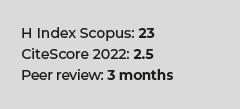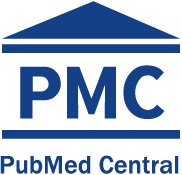Critical appraisal about control programs and elimination of leprosy in Peru, and its consequences for Peru and America
DOI:
https://doi.org/10.17843/rpmesp.2014.312.55Keywords:
Leprosy, Prevention and control, Health public policy, PeruAbstract
A critical analysis of health control measures that historically took place in Peru to the present which has led Peru to officially consider leprosy as an “eliminated” public health problem. We will also discuss the validity of the status given the neglect of health surveillance, disbanded specialized control entities, health medical staff forgetting to account for leprosy in early stages, the presence of undiagnosed smear-positive leprosy in Lima and the undeniable hidden prevalence, suggest that there is a danger to the country and the region that a re-emergence of leprosy will occur, if relevant and appropriate sanitary measures are not taken.Downloads
Download data is not yet available.
Downloads
Published
2014-07-02
Issue
Section
Symposium
How to Cite
1.
Burstein Z. Critical appraisal about control programs and elimination of leprosy in Peru, and its consequences for Peru and America. Rev Peru Med Exp Salud Publica [Internet]. 2014 Jul. 2 [cited 2024 Nov. 23];31(2). Available from: https://rpmesp.ins.gob.pe/index.php/rpmesp/article/view/55































